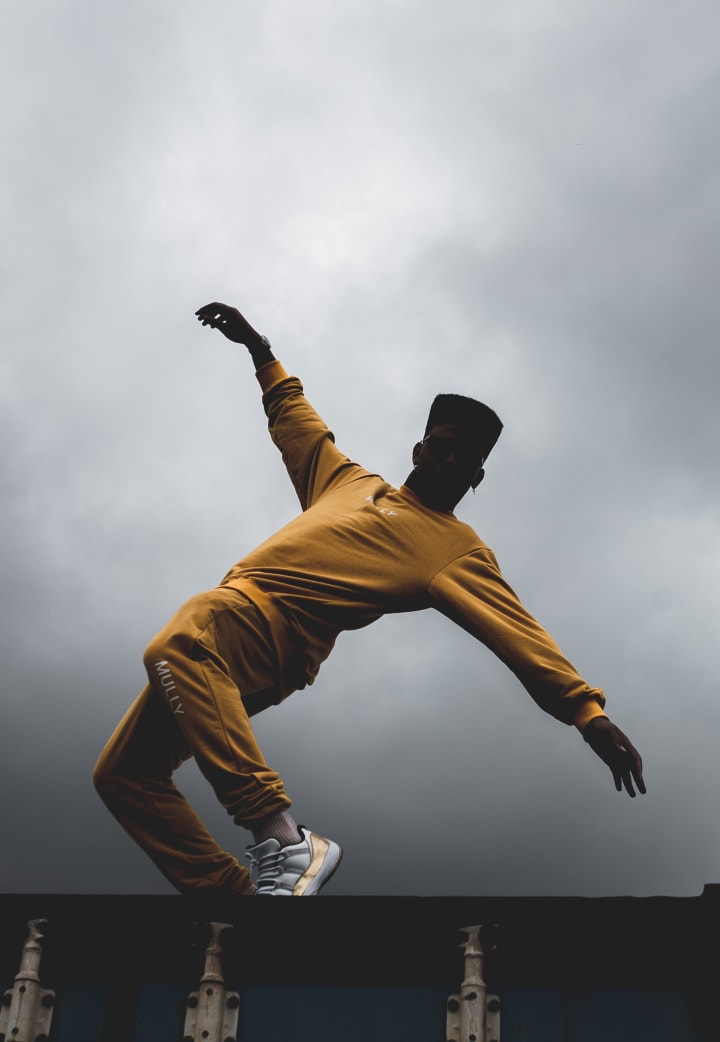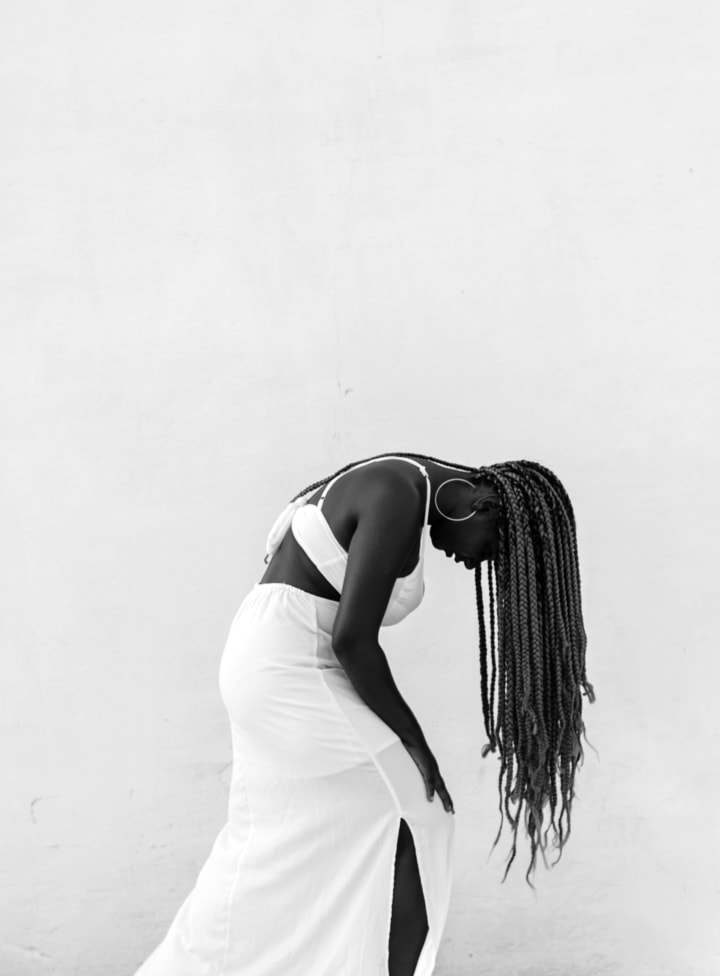
In the vast tapestry of music, certain genres have the power to transcend borders, break cultural barriers, and captivate audiences worldwide. Afrobeats, a genre with its roots deeply ingrained in the African continent, has emerged as a resounding force in the global music scene, revolutionizing the way the world experiences and appreciates African music and culture.
Origins of Afrobeats: A Fusion of Rhythms
Afrobeats, not to be confused with Afrobeat (the genre pioneered by Nigerian music legend Fela Kuti), originated in the early 2000s in Nigeria and Ghana. It is a fusion of various African musical elements, incorporating traditional highlife, juju, and fuji music, along with contemporary influences from hip-hop, dancehall, and R&B.
Pioneering artists like D'banj, Wizkid, and Fuse ODG were among the first to experiment with this dynamic genre, which soon gained momentum within the African diaspora and beyond. Afrobeats swiftly carved its niche by infusing pulsating rhythms, infectious melodies, and captivating dance moves, igniting a spark that would eventually set the global stage ablaze.

The Rise of Afrobeats on the International Stage
The early 2010s saw Afrobeats rise to prominence beyond African borders. With the advent of social media and streaming platforms, the genre's infectious beats spread like wildfire, captivating listeners across continents. The fusion of African heritage and contemporary sounds resonated with a diverse audience, establishing Afrobeats as a musical force that transcends cultural barriers.
One of the genre's most significant breakthrough moments was Wizkid's collaboration with Canadian rapper Drake on the chart-topping track "One Dance" in 2016. The song's amalgamation of Afrobeats elements propelled the genre to the forefront of global music charts and introduced millions to the magic of African rhythms.
Afrobeats: A Catalyst for Cultural Exchange
Afrobeats has become more than just a musical genre; it has become a catalyst for cultural exchange and collaboration. International artists and producers have eagerly embraced Afrobeats, seeking collaborations with African musicians to infuse their tracks with the genre's unique essence.
Artists like Beyoncé, Major Lazer, and Ed Sheeran have worked with Afrobeats stars, not only to tap into the genre's popularity but also to celebrate its rich cultural heritage. These collaborations have not only elevated the global presence of Afrobeats but also served as a powerful testament to the genre's ability to foster cross-cultural unity and understanding.
The Afrobeats Dance Revolution
Central to the Afrobeats phenomenon is its dance culture. Afrobeats-inspired dances, such as the Azonto, Shaku Shaku, and Gwara Gwara, have taken social media platforms by storm. From music videos to TikTok challenges, these vibrant dance moves have become a global sensation, sparking a worldwide dance revolution that transcends borders and languages.
Afrobeats dance has become a powerful form of self-expression and a unifying force, bringing together people from diverse backgrounds through a shared love for movement and rhythm. Dance workshops and classes focusing on Afrobeats have sprouted across the globe, further solidifying the genre's position as a cultural phenomenon.

Afrobeats as a Platform for Social Issues
As Afrobeats continues to conquer the world, artists have used their platform to shed light on social and political issues. Many Afrobeats songs address topics such as poverty, corruption, and inequality, reflecting the realities faced by millions on the African continent. These messages resonate not only with African audiences but also with listeners worldwide, raising awareness and inspiring action on global challenges.
Afrobeats and Economic Impact
Beyond its cultural and artistic influence, Afrobeats has also had a significant economic impact. The genre has opened doors for African artists, providing them with opportunities to tour globally and collaborate with international stars. Additionally, Afrobeats festivals and concerts draw large crowds, promoting tourism and stimulating local economies.
In Africa, Afrobeats has bolstered the music industry, leading to increased investment in talent development and infrastructure. Streaming platforms have also recognized the genre's popularity and invested in its promotion, further accelerating its global reach.

The Future of Afrobeats: A Bright and Vibrant Melody
As Afrobeats continues its global revolution, its future appears brighter than ever. With its infectious rhythms, powerful cultural representation, and unifying appeal, the genre has cemented its place as a global powerhouse. Afrobeats has proven that music can be a conduit for understanding, a catalyst for unity, and a canvas for social change.
As the world dances to the rhythm of Afrobeats, its global revolution is far from over. With each beat and dance move, Afrobeats invites the world to join in the celebration of Africa's vibrant heritage and to embrace the diversity that enriches our global community. Through the magic of Afrobeats, we find a world united in music, where cultural boundaries blur and the joy of shared rhythm transcends time and space.
About the Creator
Abel A.
A writer which has learned from the different spheres of life and an ardent cryptocurrency head






Comments
There are no comments for this story
Be the first to respond and start the conversation.